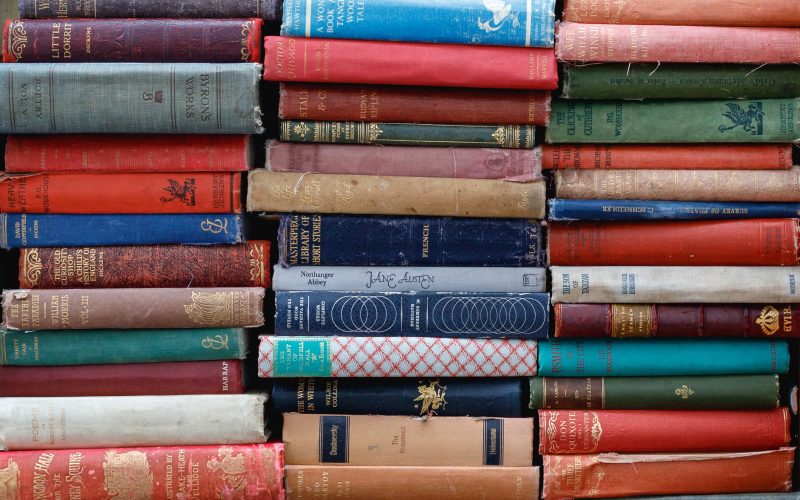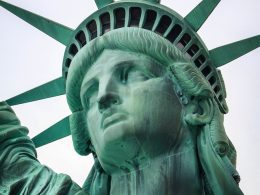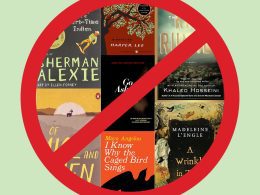Books and movies are two of the most popular forms of entertainment in the world. Both mediums have the power to transport us to different worlds, introduce us to new characters, and tell us captivating stories. However, when it comes to storytelling, which one is better? In this article, we will explore the pros and cons of books and movies and try to answer the age-old question: which one tells the better story?
The Power of Imagination
One of the biggest advantages of books over movies is the power of imagination. When we read a book, we create our own mental images of the characters, settings, and events. This allows us to personalize the story and make it our own. We can imagine the characters in any way we want, and the story becomes more personal and meaningful to us.
On the other hand, movies provide a visual representation of the story. While this can be helpful in understanding the story, it can also limit our imagination. We see the characters and settings as they are presented to us, and we don’t have the same freedom to create our own mental images.
Depth of Characterization
Another advantage of books is the depth of characterization. In a book, the author has the space to explore the characters’ thoughts, feelings, and motivations in great detail. This allows us to understand the characters on a deeper level and connect with them emotionally.
In movies, however, there is a limited amount of time to tell the story. This means that the characters’ thoughts and feelings are often left unexplored, and we don’t get the same level of emotional connection. While movies can still provide great characterization, it is often not as deep as what we find in books.
Visual Storytelling
One of the biggest advantages of movies over books is visual storytelling. Movies have the power to transport us to different worlds and immerse us in the story in a way that books cannot. We can see the characters and settings come to life on the screen, and this can be a truly magical experience.
In addition, movies can use visual storytelling to convey information that would be difficult to explain in a book. For example, a movie can show us a character’s facial expression or body language to convey their emotions, while a book would have to describe it in words.
Pacing and Structure
Another advantage of movies is pacing and structure. Movies have a set runtime, which means that the story has to be told within a certain amount of time. This can be a disadvantage in terms of depth of characterization, but it also means that the story is often more tightly structured and paced.
In books, the author has more freedom to explore the story and take their time with the pacing. While this can be an advantage in terms of depth of characterization, it can also lead to a slower pace and a less structured story.
Conclusion
So, which one tells the better story: books or movies? The answer is not clear-cut. Both mediums have their advantages and disadvantages when it comes to storytelling. Books provide the power of imagination and depth of characterization, while movies offer visual storytelling and tighter pacing and structure.
Ultimately, the choice between books and movies comes down to personal preference. Some people prefer the immersive experience of movies, while others prefer the personalization of books. Whichever medium you choose, the most important thing is to enjoy the story and let it transport you to another world.












